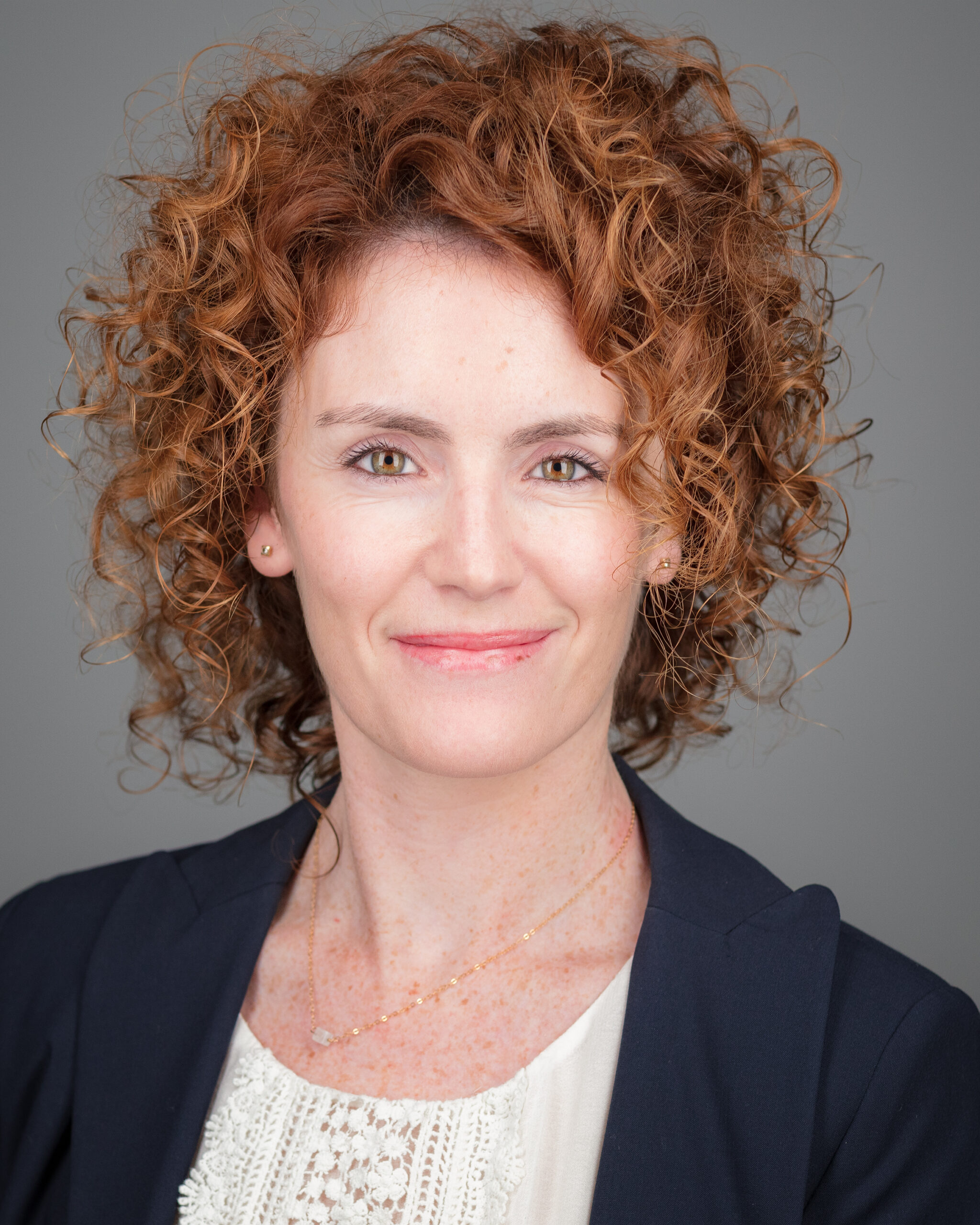Project Background
In addition to the widely known association between smoking and lung or head and neck cancers, today we know that smoking causes cancers of the bladder, cervix, colon, rectum, esophagus, kidney, larynx, liver, pancreas, and acute myeloid leukemia. Smoking after a cancer diagnosis increases the chances of the cancer returning or spreading and it reduces cancer treatment efficacy and survival, regardless of cancer type. Thus, it is critically important that patients with any cancer type quit smoking. However, patients may feel it is not the right time to quit, particularly when faced with a new stressful, life-changing diagnosis such as cancer. In a previous study, we found that, compared to patients with lung or head and neck cancers, those with cancers that are not typically associated with smoking (e.g., colorectal) were less motivated to quit, which reduced their likelihood of quitting smoking. Thus, we created an intervention in the form of brief booklets targeted by cancer type (i.e., breast, bladder, colorectal, gynecological, skin melanoma) that explained the connection of smoking and each cancer, and it summarized the benefits of quitting smoking after a cancer diagnosis. This NCI-funded study will take the next step in this line of research by conducting a pilot randomized controlled trial to examine feasibility of RCT procedures. In addition, using a sequential mixed-methods approach, we will conduct formative evaluation to assess contextual factors to inform future intervention implementation into routine care.
Student Role
The student working on this project will gain a deep understanding on the burden of tobacco use in the oncology population. In addition, they will have hands-on experience working on a clinical trial. The student will integrate with the study team and will participate in multiple daily tasks such as preparation of study materials, database development and documentation, regulatory procedures (e.g., IRB submission), patient recruitment, data collection and curation, interview guide development and qualitative analysis. The student will be involved in team meetings and will work closely with the principal investigator on developing science communication skills and data dissemination activities as opportunities arise.
Student Learning Outcomes and Benefits
Tobacco use is a major public health problem that is involved in multiple chronic diseases and affects vulnerable populations disproportionately. Thus, the goal of this research experience is that the student acquires knowledge and skills that can be transferrable and applicable to many future career opportunities. Therefore, the student will actively participate on an NCI-funded study and will be able to understand the nuances of conducting a randomized controlled trial. The student will also develop key skills working with the oncology patient population that can be applicable to populations with other chronic conditions. In addition, the student will work closely with the PI in reviewing scientific literature, developing a research question, and relaying scientific findings. There will also be opportunities to enhance professional development skills such as writing a CV, applying to graduate school, public speaking, etc.

Ursula Martínez
As a mentor, it is very important to me to understand what are the students’ interests and future career goals to find opportunities and experiences that would help them in their future academic journey. At the beginning of the program, we will design a plan in which we will come up with aims that we would like to accomplish during the summer. We will discuss how to manage time efficiently, by balancing time commitments in the study vs. time dedicated for writing and other educational activities. I will also provide guidance in every step of developing a research project and how to present it to an audience. In addition to regular meetings, I enjoy having regular interactions to establish more personal connections and informal mentoring, so I keep my door open and students are welcome to pop in any time.
To learn more about REACH U2, please visit here!
